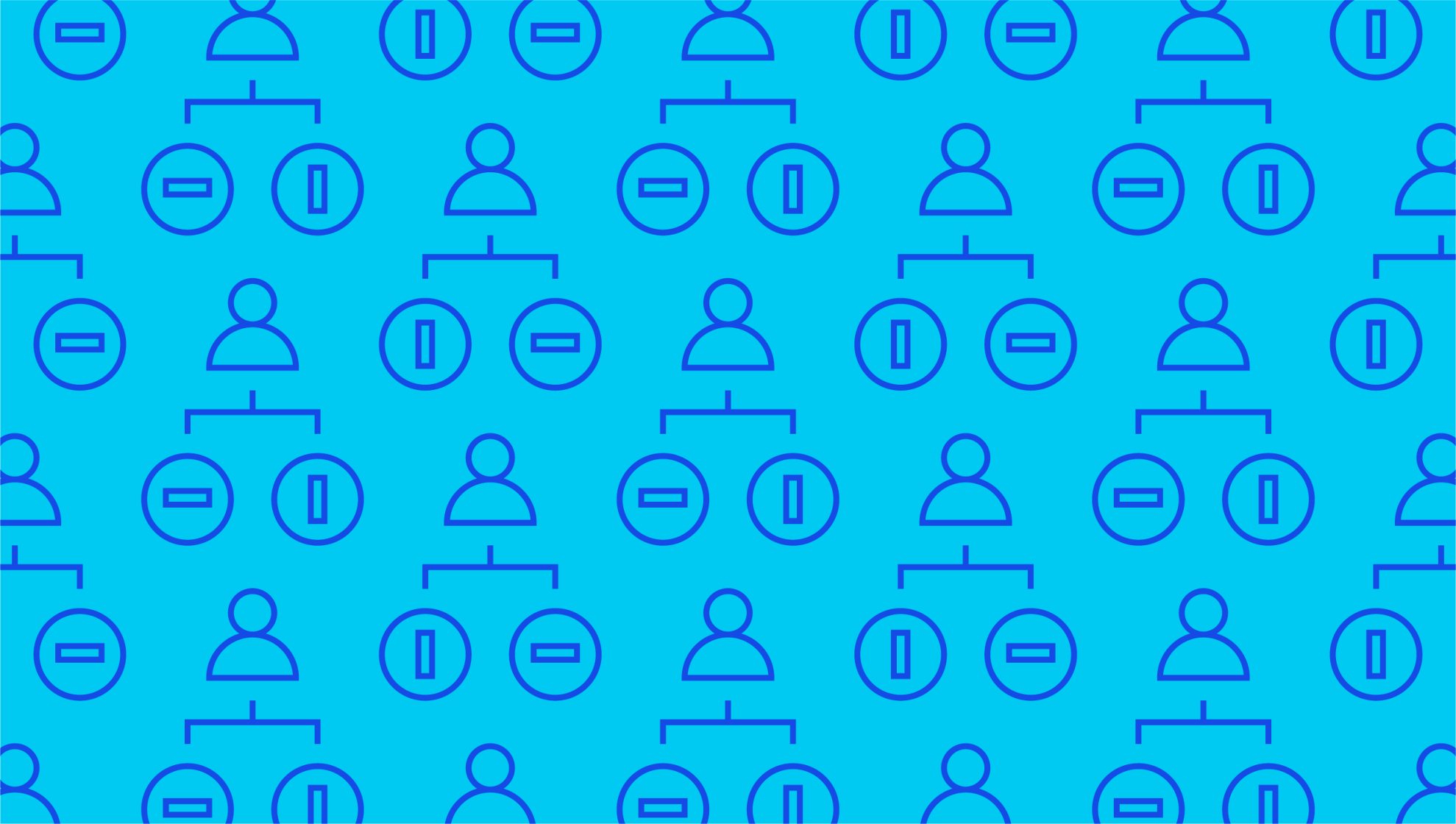Last editedJul 20213 min read
When it comes to securing financing, there’s a dizzying range of options out there. If you’re considering borrowing money with a loan, you’ll first need to understand the difference between secured vs. unsecured loans. Keep reading to learn more about unsecured loans, what their requirements are, and how they differ from secured loans.
What are unsecured loans?
Unsecured loans don’t require the borrower to put down any security deposit or collateral. Instead, borrowers are approved by lenders based on personal credit history and income. There’s greater risk for the lender with an unsecured loan. This is because the lender doesn’t have any right to seize physical assets like a vehicle or home if the borrower defaults. Due to this higher risk, unsecured business loans typically involve small to moderate sums of money in comparison to secured loans which can be larger.
Common examples of unsecured loans include credit cards, student loans, and personal loans. They’re offered by credit unions, banks, and government agencies like the Department of Education in the case of student loans. Some online lenders also offer unsecured business loans based on credit history.
How do unsecured loans work?
If you want to apply for an unsecured loan, you’ll usually need good credit to qualify. Lenders will check your credit reports to find out how reliable you have been with paying off past loans. They’ll also verify your income to ensure you’re making enough to repay the loans. By comparing the loan amount to your income, lenders can calculate a debt-to-income ratio as part of the application process. You may be asked to provide proof of income in the form of tax returns, pay stubs, and bank statements.
Unsecured loan terms, including interest rates, are determined by your credit history as well. For example, those with excellent credit can take advantage of lower interest rates than those who are a higher risk to the lender.
What happens if a borrower defaults on the loan? The lender cannot repossess any collateral, but they do have legal recourse to collect the debt in other ways. A borrower can still have wages garnished or a lien placed on their home, even if the debt is unsecured.
Types of unsecured loans
There are two main types of unsecured loans.
Revolving loans include things like credit cards and personal lines of credit that come with a limit. The borrower is free to spend and repay up to this credit limit as many times as they wish.
Term loans are borrowed in a lump sum and repaid in monthly instalments. This is usually the arrangement for an unsecured small business loan, for example, as well as consolidation loans to pay off consolidated debt.
Secured vs. unsecured loans
When comparing secured and unsecured loans, the main difference boils down to collateral. Secured loans require an asset as collateral. This could be a cash deposit, business investments, your home, or vehicle. If you default on the loan, the lender will take your collateral to mitigate losses. Mortgages are a common example of secured loans. If you default on your mortgage payments, the bank can take possession of your property in a foreclosure.
With collateral offered as security, lenders are more willing to offer better rates on secured loans. They’ll also lend higher sums of money in comparison to an unsecured small business loan.
Unsecured loans for bad credit
Your chances of approval for an unsecured loan are far higher if you have a good credit score. Yet there are unsecured loans for bad credit out there, usually with higher interest rates and stricter borrowing conditions. Some lenders will allow applicants with poor credit to qualify with the co-signer or guarantor. If the borrower defaults, the guarantor is then held responsible for the debit.
Payday lenders or cash advance companies sometimes offer unsecured loans for bad credit, but these often come with hidden fees and high interest rates.
The bottom line
Unsecured loans offer many benefits to borrowers, including flexibility and the ability to borrow without collateral. This makes them ideal for borrowing smaller amounts of money. Yet they’re not the best option for everyone. If you’re thinking about taking out an unsecured loan to help finance your business, you’ll have access to the best rates if you have a good credit history.
We can help
GoCardless helps you automate payment collection, cutting down on the amount of admin your team needs to deal with when chasing invoices. Find out how GoCardless can help you with ad hoc payments or recurring payments.

